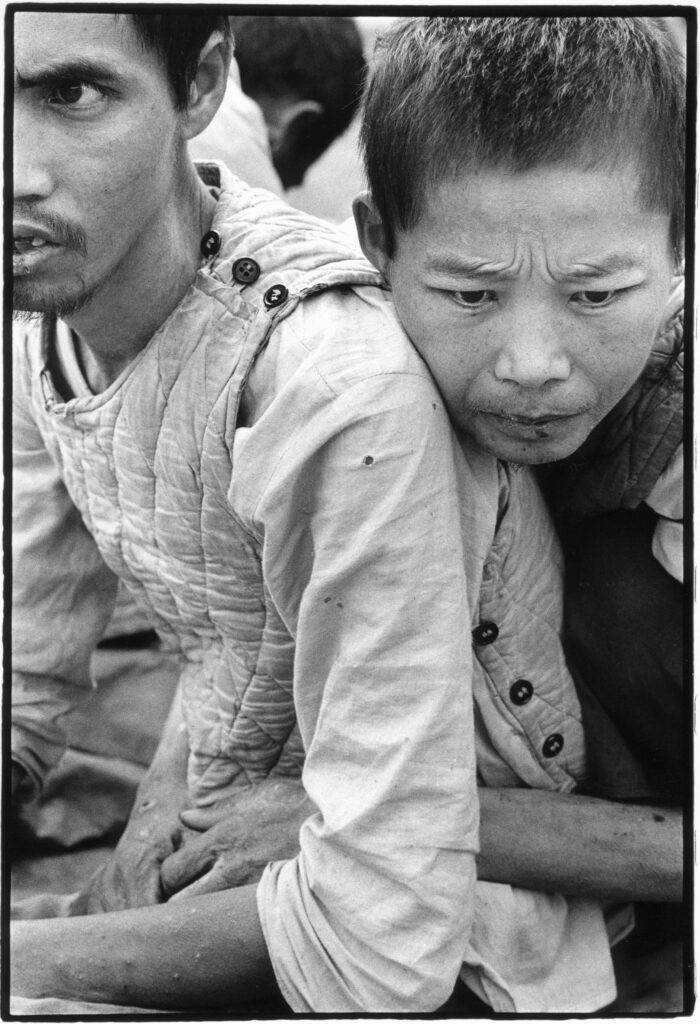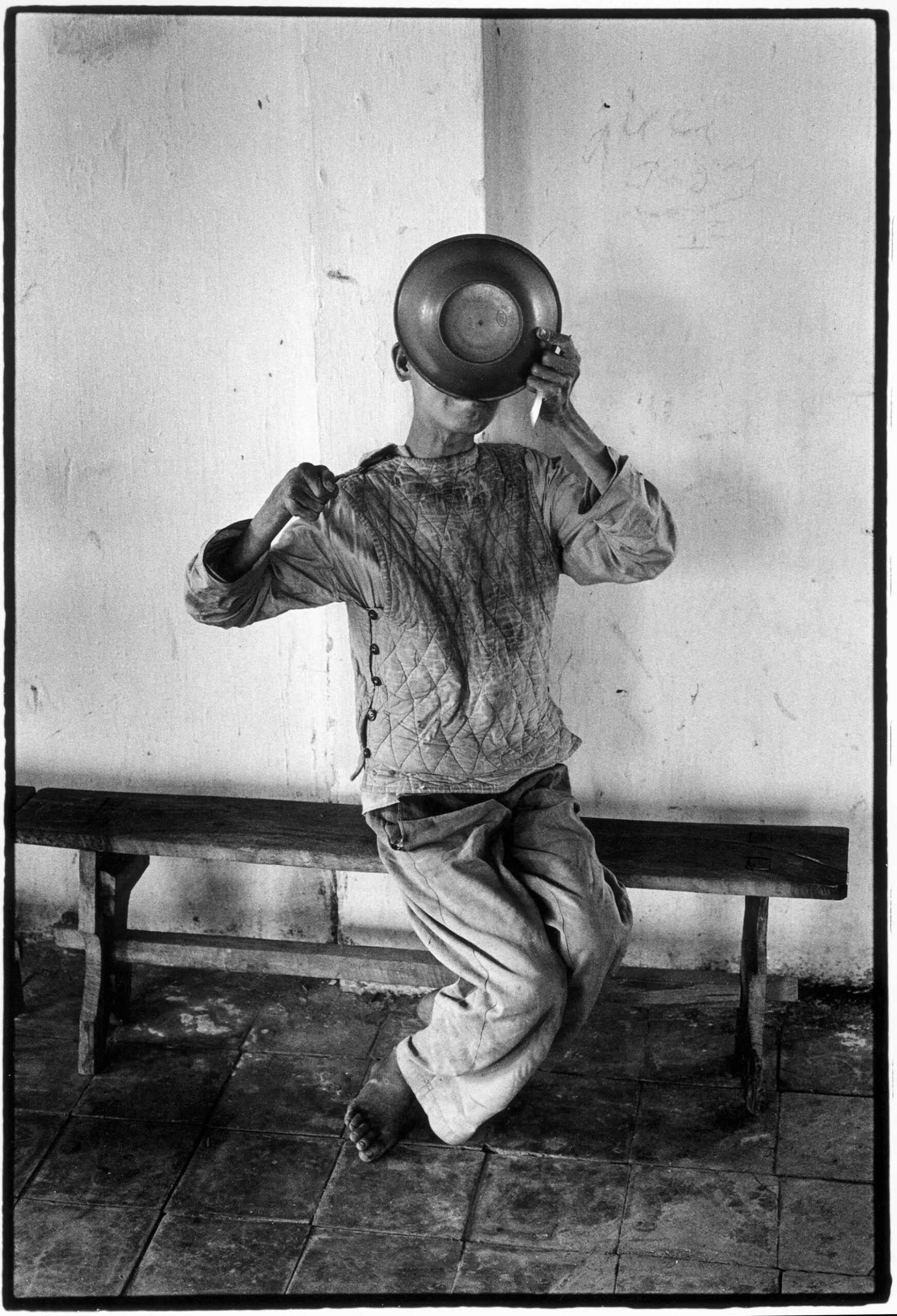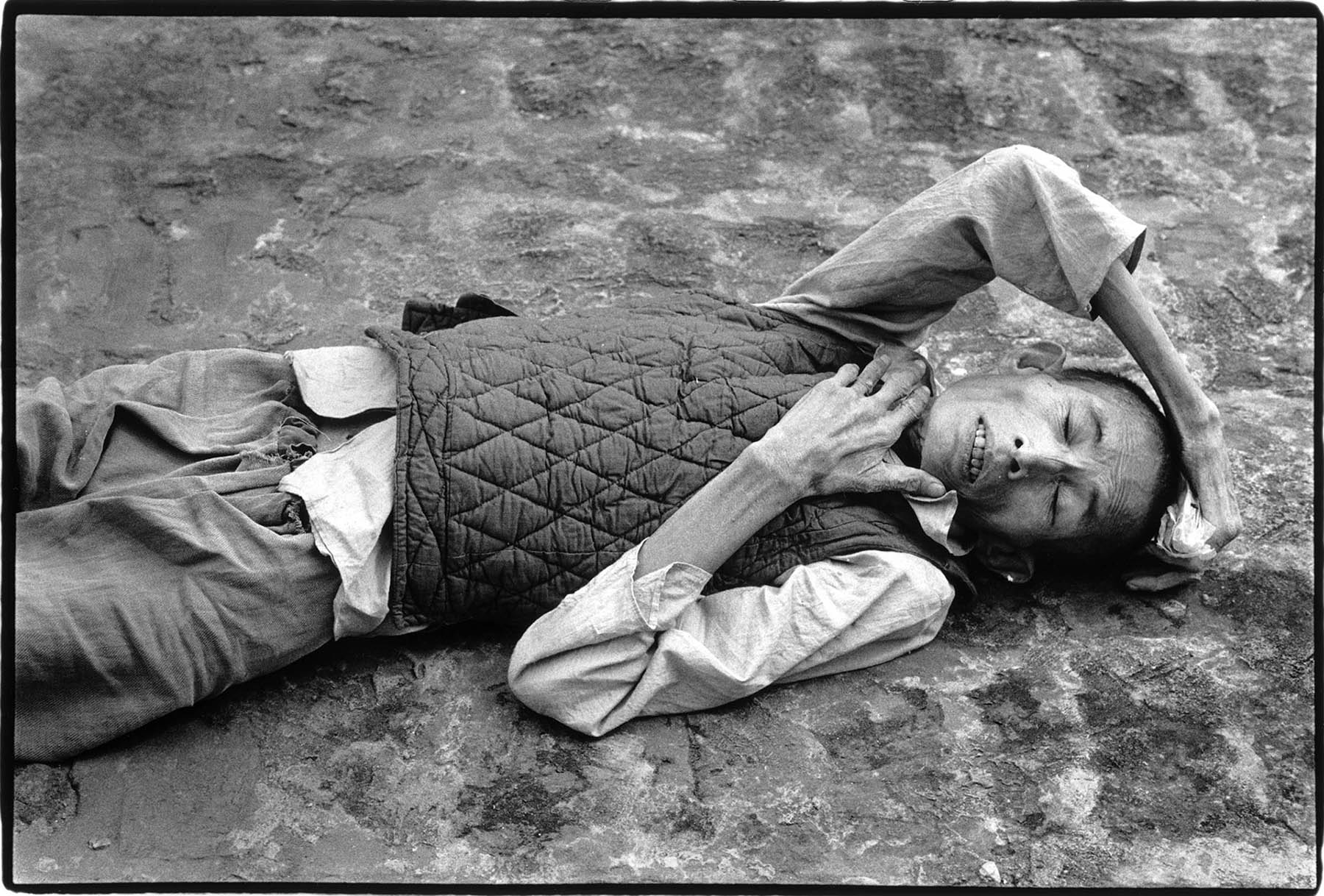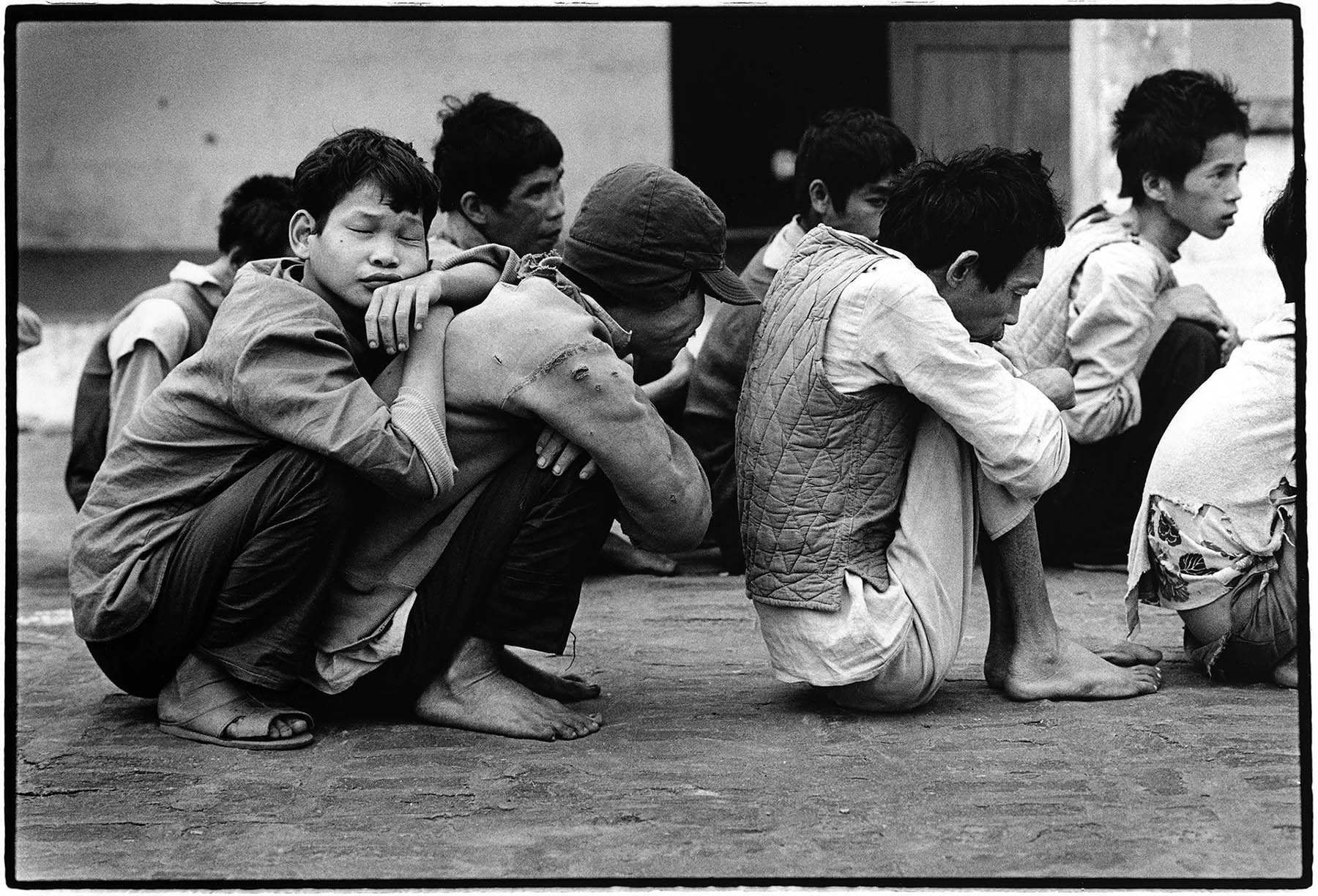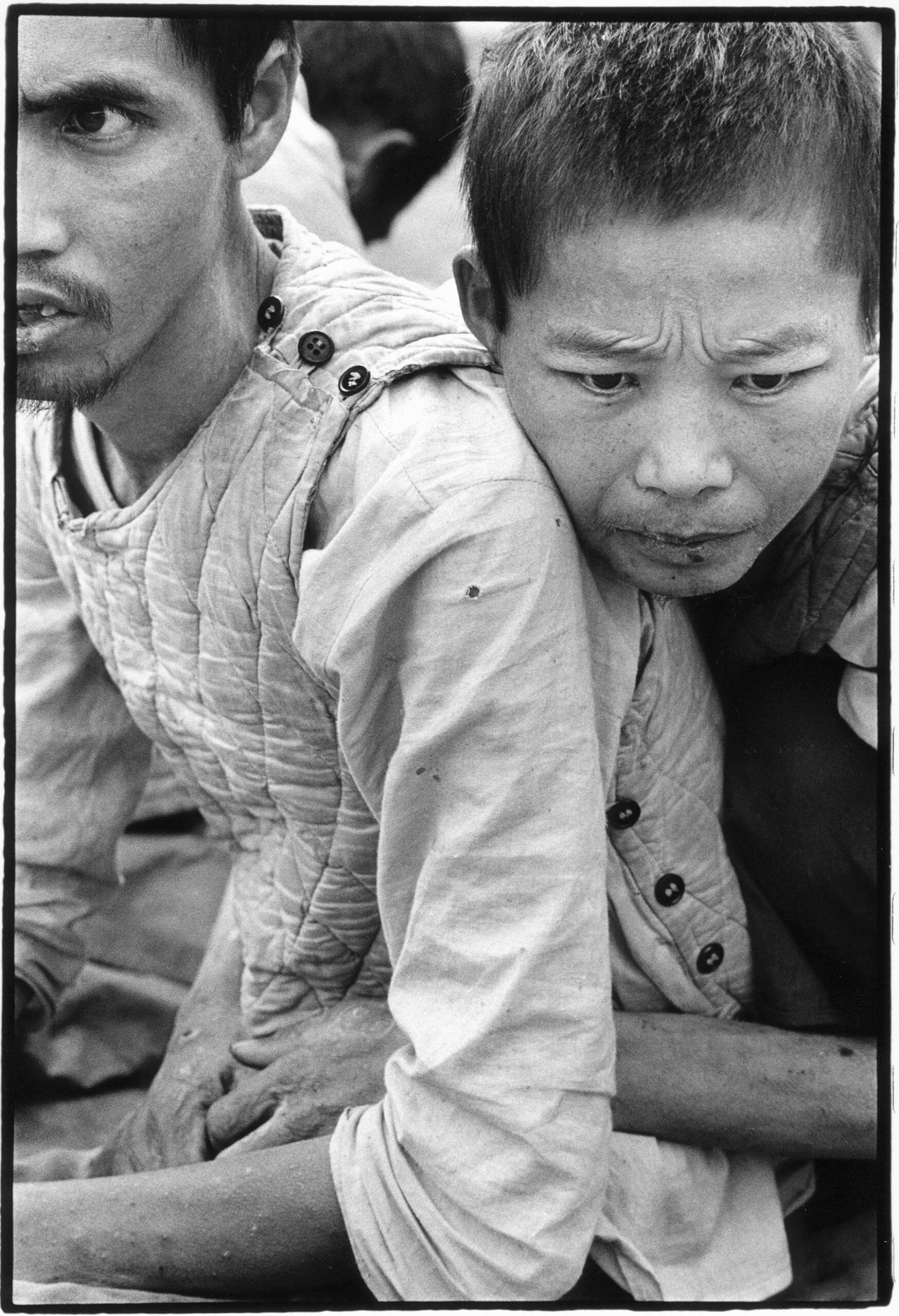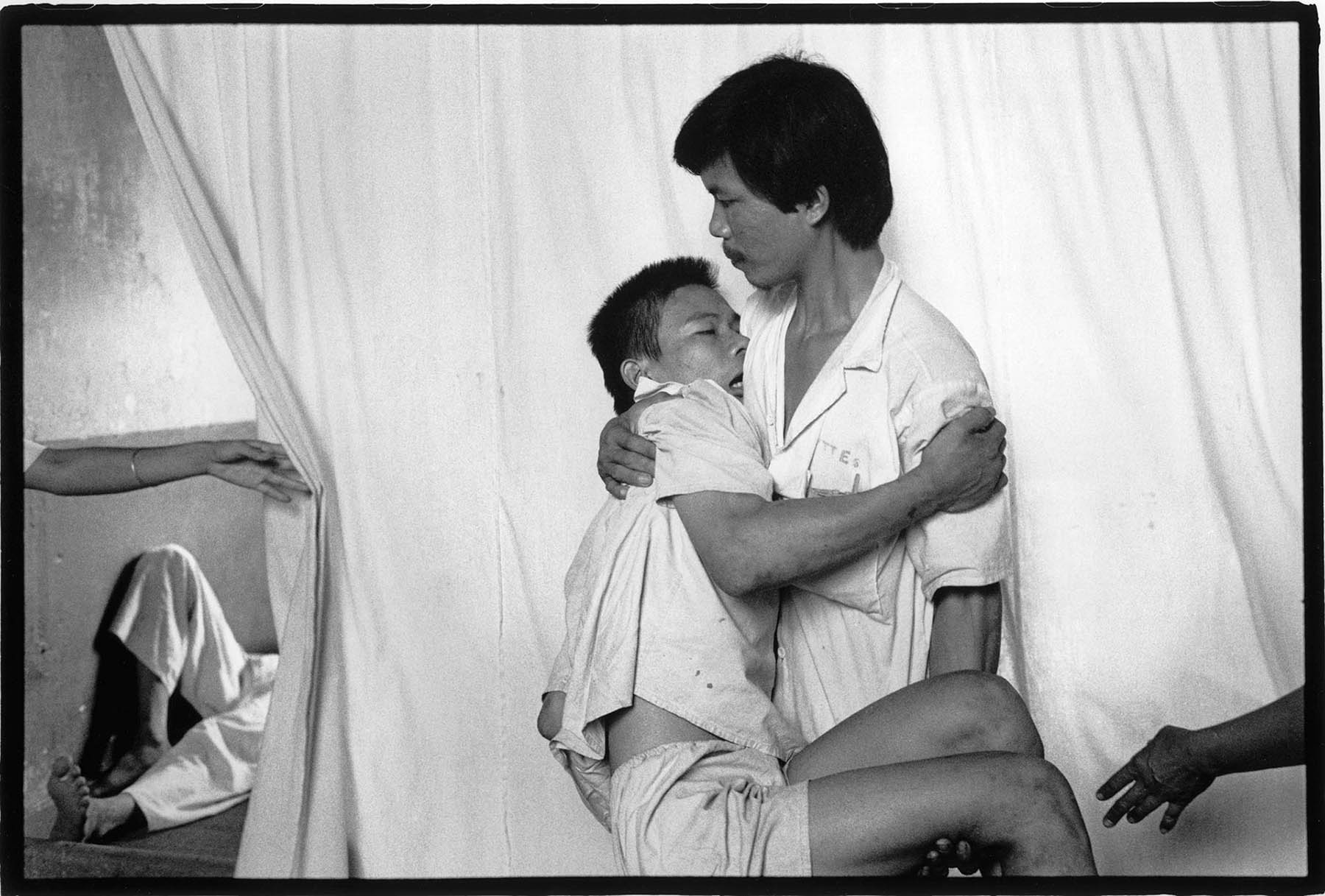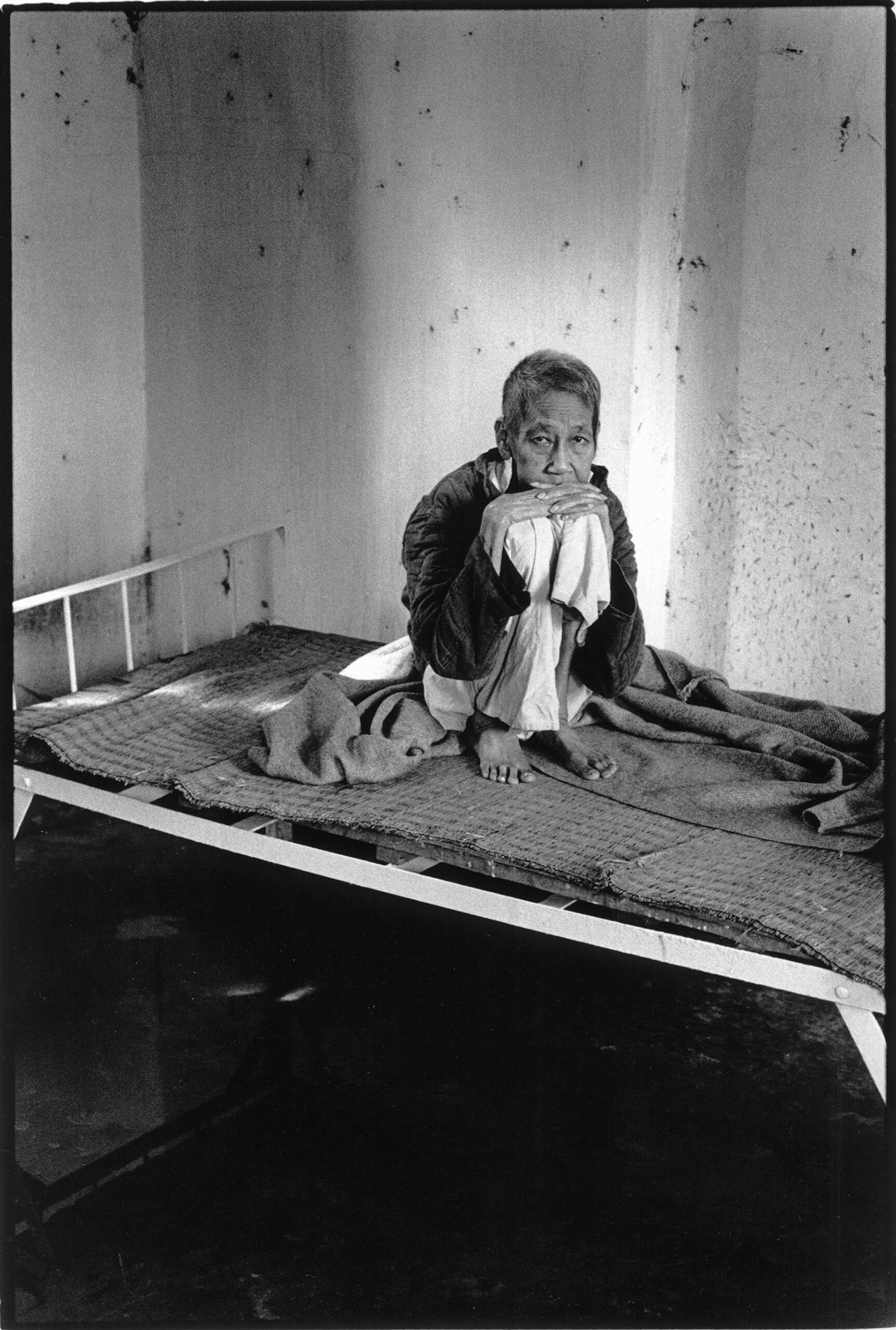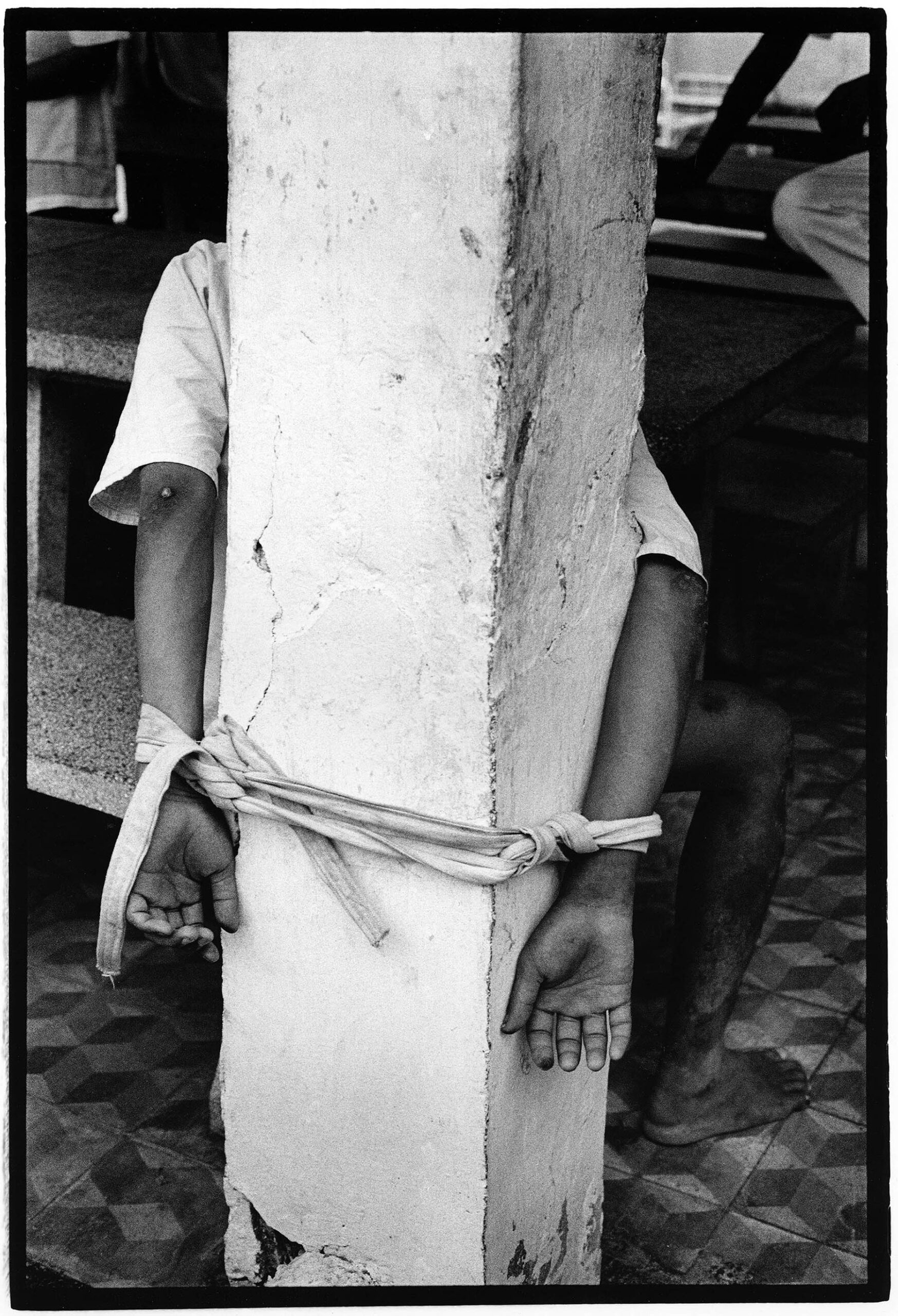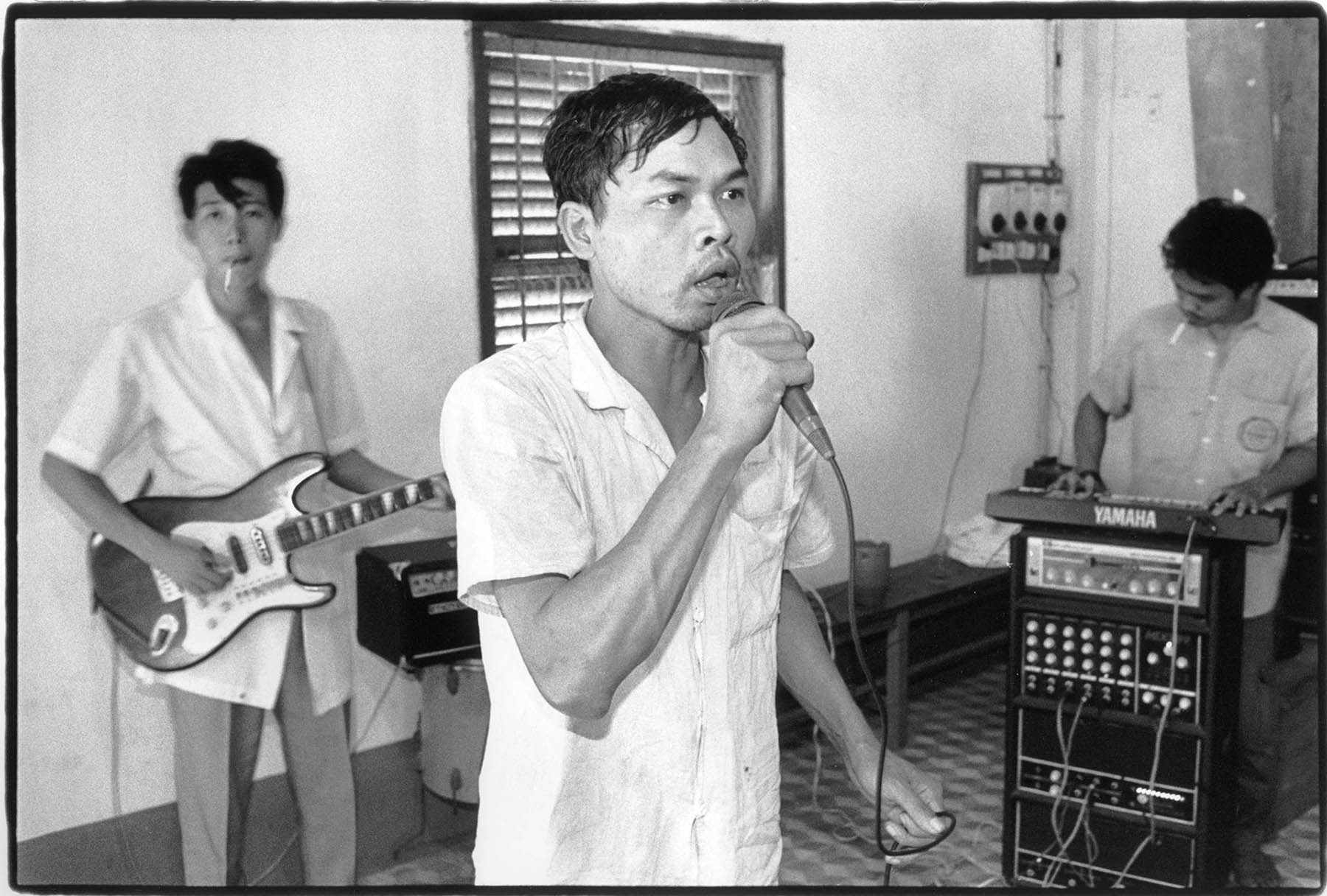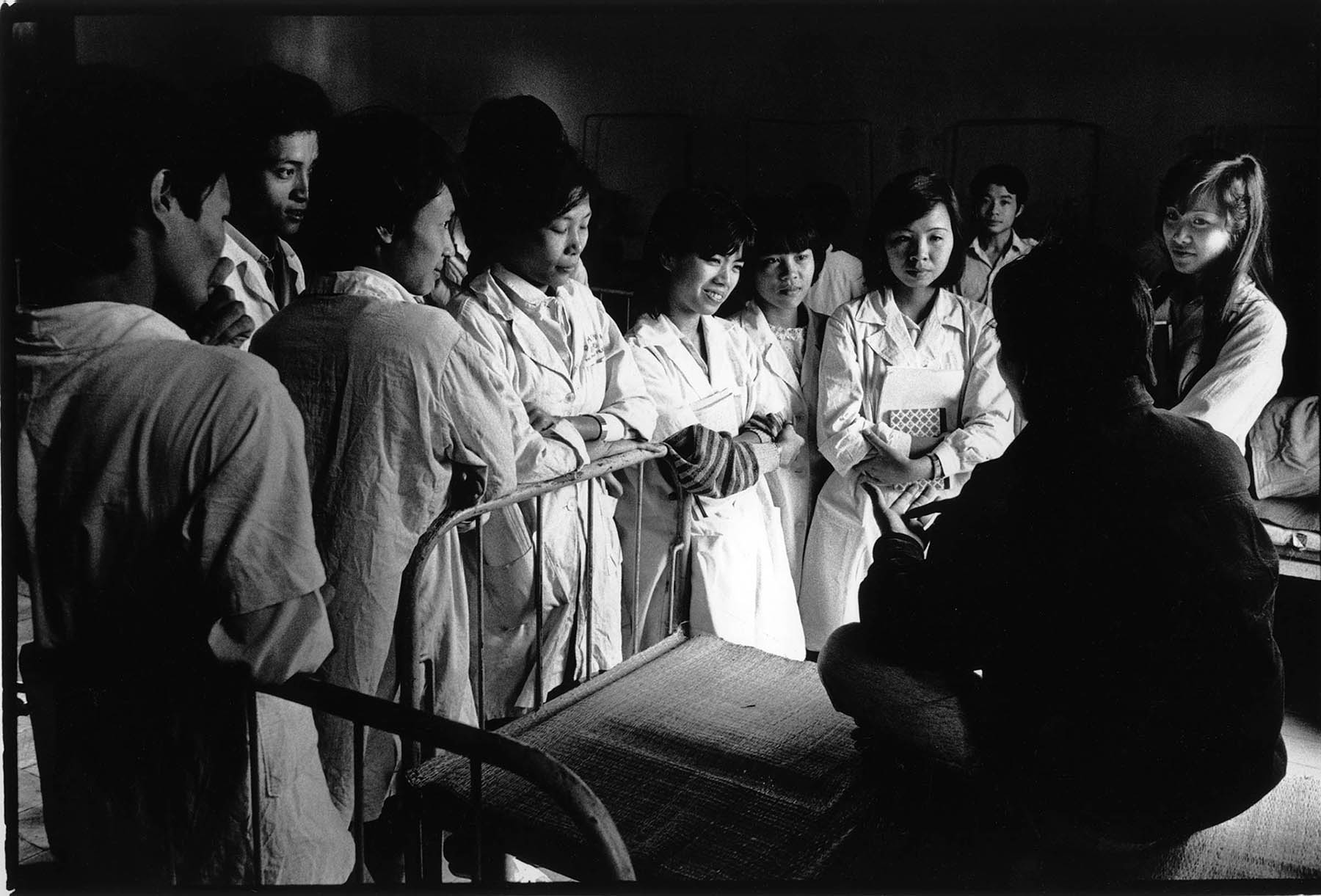The after effects of war vary from case to case. Some traumas result from physical injury for example, shrapnel lodged in the brain. But also, veterans have suffered breakdowns because their wives left them for other men during their years far away on the Ho Chi Minh trail. Equally, many South Vietnamese who couldn’t find work after their return from re education camps, and had lost the respect of their children, also suffered from deep depression. And war widows were struggling with their memories and came under great pressure when they could not continue to care for their children.
Of course, as both Pen and Winslow pointed out, it is difficult to define exactly which conditions count as war related disorders, and which might have other causes. For example, the tensions arising in many families since 1975 over the question of whether or not to flee the country were undoubtedly an indirect consequence of the war. And for inhabitants of South Vietnam, there was the shock of the drastic difference between the old regime and the new.
The Ba Vi psychiatric centre, 60 kilometres from Hanoi, was a refuge for the hopeless cases. There was no real treatment available. Director Nguyen Van Diet simply tried to keep his 209 patients (about 70 per cent of them war victims) alive and to provide them with “a peaceful environment”. With a monthly government subsidy of just US $4 for each patient, that was not easy. Meals were meagre: a twice daily ration of rice and a couple of vegetable stalks. The patients did receive some medication: barbiturates like aminazine, haloperidol, seduxan, gardenal and phenobarbitol.
The Bien Hoa psychiatric centre, near Saigon, was much better equipped than Ba Vi. The majority of the 1000 or so patients were schizophrenics. There had been a chronic shortage of medicine, but liberal use was made of the electroshock equipment. In Vietnam (at least in the early 1990s, when this photo series was made), this treatment was carried out without anaesthetic, mainly on suicidal or catatonic patients, or on those very disruptive ones who cannot be pacified otherwise.

